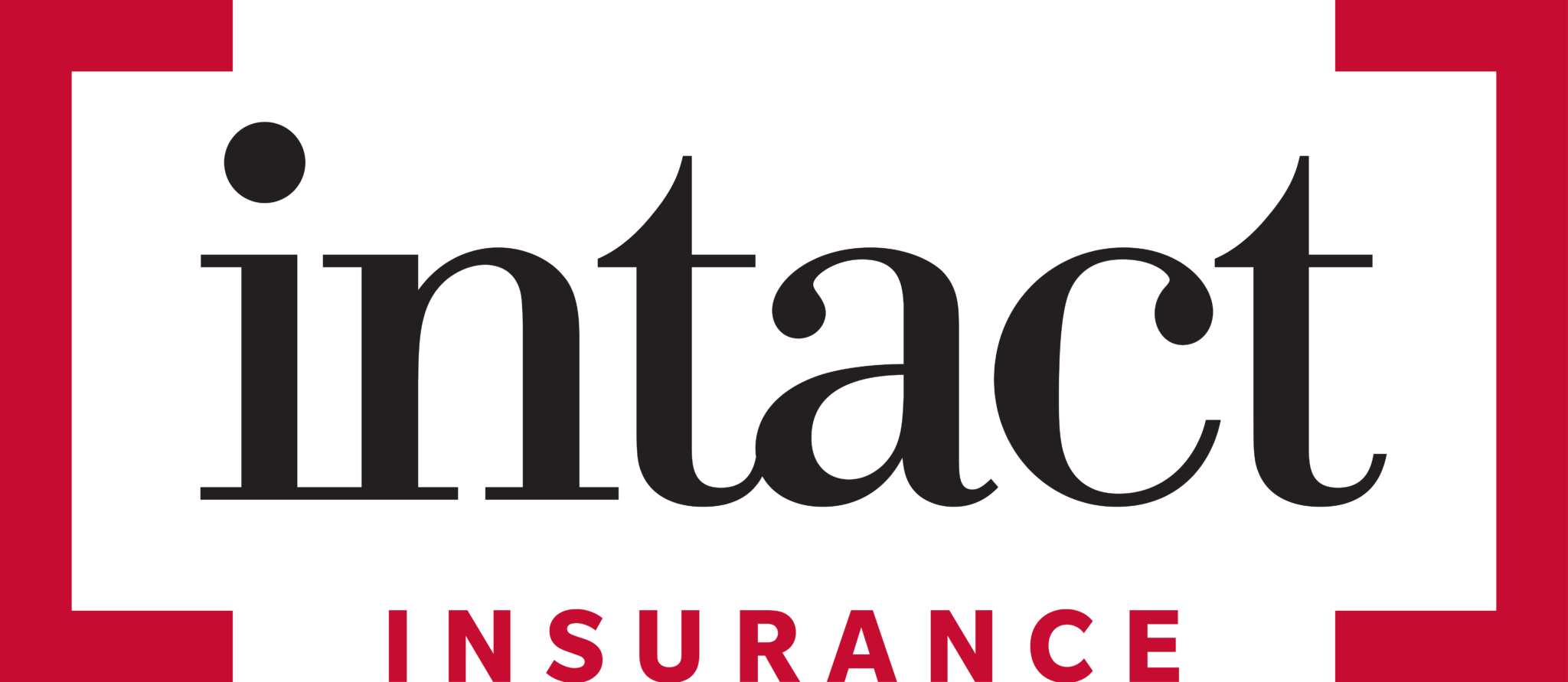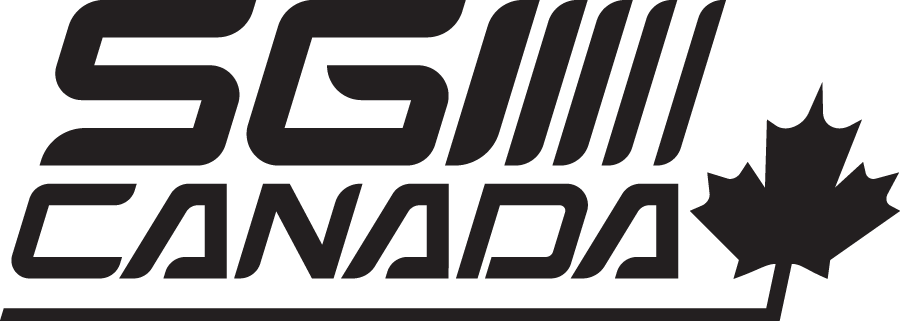Commercial General Liability Insurance Broker
Commercial General Liability Insurance in Canada
Areas We Serve
Alberta| Calgary | Edmonton | Fort McMurray| Grande Prairie| High Prairie|
Lethbridge| Medicine Hat | Red Deer| Whitecourt
Ontario| Kanata| Ottawa| Toronto
Manitoba | Saskatchewan| British Columbia
To Serve You Best, We Work Hard to Partner with The Best!
Did You Know
Sharp Insurance’s industry experts are here to discuss your business’s unique risks. Speak with one of our award-winning insurance brokers today to discuss risk prevention and coverage options.
Commercial general liability is coverage for your business from an incident causing bodily injury or property damage to a third party. These risks can affect multiple stakeholders, including:
- customers
- vendors
- employees
- visitors
The right coverage for your business needs.
Get a Quote




